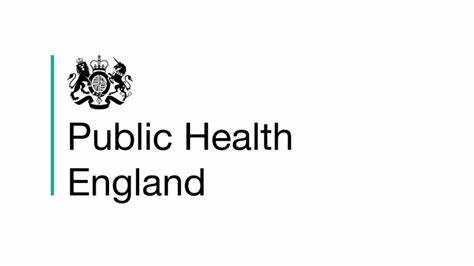I have been liaising over the last 24 hours with Surrey County Council’s leadership and through them Public Health England (PHE). Below is the latest update, also published here on Surrey County Council’s website. I am hoping to be able to supply more information and guidance for residents in Haslemere as soon as possible – but this is dependent on information Public Health England is able to provide. Statement follows:

Ruth Hutchinson, Interim Director of Public Health for Surrey County Council, said: “I have spoken to colleagues at Public Health England this morning and will remain in continuous contact while we manage the situation in Surrey.
“PHE updated me on their work and steps they have taken since the case was confirmed. They are already urgently contacting anyone that has been in close contact with the individual to provide them with advice about what to do if they start to feel unwell, and how to manage if they are told to self-isolate.
“This vital work will continue throughout the weekend and is a tried and tested method that ensures we are able to minimise any risk to them and the wider public.
“Anyone who is not contacted directly by PHE should continue to go about their life as normal but take extra care to follow public health advice on simple steps we can all take to help reduce the risk of infection.
“I appreciate that news like this can be a cause for concern, so I would reassure everyone that Surrey County Council, together with the NHS and PHE is taking every necessary measure to help reduce the risk of the virus spreading.”
Background
- The tracing and managing of contacts who have had significant exposure to confirmed cases of the novel coronavirus is being co-ordinated by Public Health England.
- The process starts with a predetermined list of information being collected on each patient. This includes details of any places visited following the onset of symptoms or, in the case of travellers, since they arrived in the UK.
- This is either done by the clinician caring for the patient or in conjunction with them. Translation services will be used if needed to ensure the information is as accurate as possible.
- Information is also collected about significant contacts – those people in close contact with the case while symptomatic, such household members, fellow travellers etc.
- Using the available information, all close contacts of the case will be assessed and either categorised into high or low risk. All contacts will be provided with health advice about symptoms and given emergency contact details to use if they develop symptoms in the 14 days after the exposure occurred.
- Those considered to be at higher risk will have a verbal assessment of their health and their health will be monitored on a daily basis and they will asked to self-isolate. Should any of the group report symptoms they will be assessed and offered testing in line with current guidance.
PHE recently used contact tracing successfully in Brighton to track all known cases and prevent any further cases.
If I live in Surrey am I at extra risk because of the recent cases?
- We ensure that someone with coronavirus doesn’t put others at risk by treating them in isolation and carefully investigating who they had close contact with through contact tracing.
- Contact tracing is a fundamental part of outbreak control that’s used by public health professionals around the world.
- If a person tests positive for coronavirus, we speak to the patient to identify anyone who has had close contact with them during the time they are considered to be infectious and go all out to find these people as soon as possible.
- Once we have contacted them we can then give them the advice they need. If they are in groups considered to be a higher risk, we make sure that we follow up with them daily to see how they are. If they become unwell we are then able to assess them quickly and take appropriate action.
What does self-isolation mean for people who don’t have symptoms?
- Just like when you have the flu, individuals should remain at home and should not go to work, school or public areas. Where possible, individuals should avoid having visitors to their home but it is ok for friends, family or delivery drivers to drop off food. Individuals should not use public transport or taxis until 14 days after their return from Wuhan.
- Individuals should monitor their symptoms and call NHS 111 (or your national alternative) if they develop any of the following symptoms – fever, cough, and difficulty breathing.
There are things you can do to help stop germs like coronavirus spreading:
- Always carry tissues with you and use them to catch your cough or sneeze. Then bin the tissue, and wash your hands, or use a sanitiser gel.
- Wash your hands often with soap and water, especially after using public transport. Use a sanitiser gel if soap and water are not available
There is also an NHS link which contains hygiene and prevention advice: https://www.nhs.uk/conditions/coronavirus-covid-19/
We’re currently not accepting interview bids on this.
